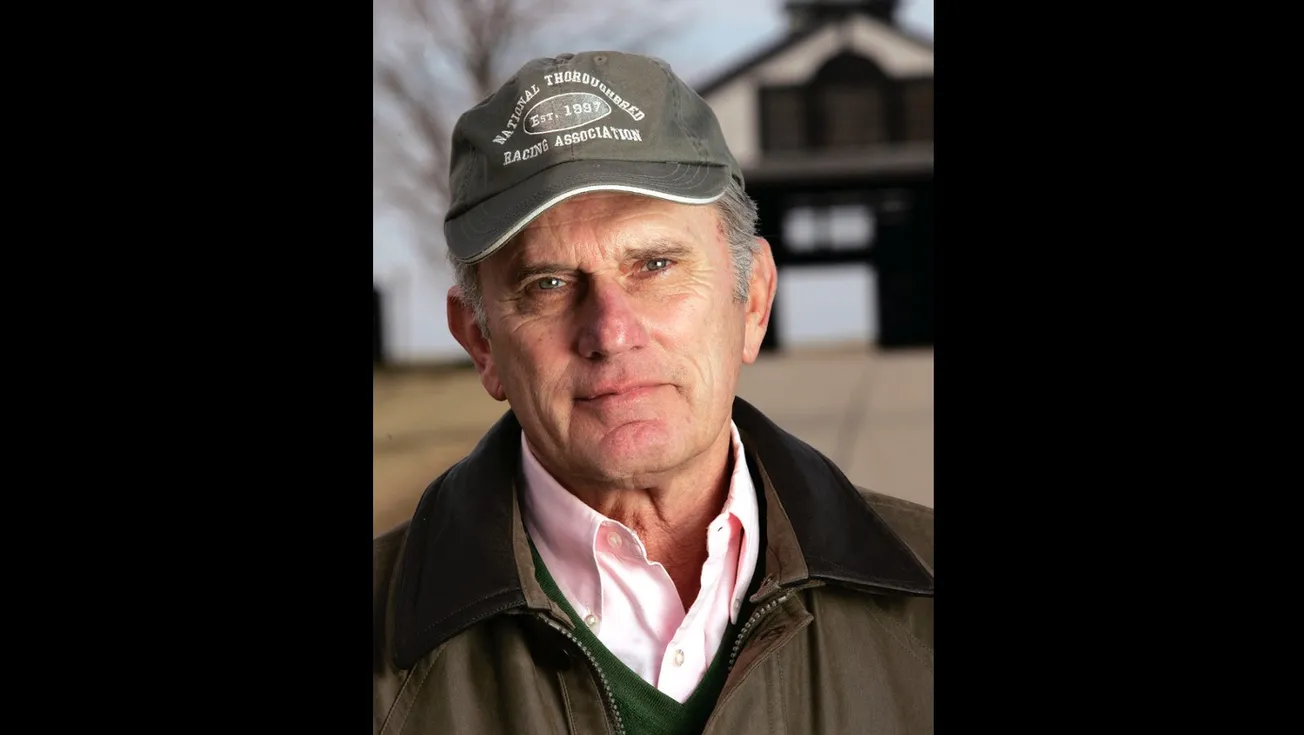Kentucky never had a governor quite like Brereton Jones, who died Monday, and it may never again. His legacy is one of reform, with lessons for reformers.
Jones wasn’t the first high-minded millionaire to use wealth to gain high office, but he did it with a most unusual pedigree. His political career began in West Virginia, where he was Republican leader of the state House, but he left politics for Kentucky and horses, his great love. He married into a prestigious Kentucky family and became a Democrat, cut a wide swath in the Thoroughbred industry, and started a foundation to provide health care to the needy.
That fed his wish to be governor, an audacious ambition for a recent transplant to Kentucky, so he ran for lieutenant governor, freely acknowledging that if elected he would run for governor. At the time, statewide constitutional officeholders couldn’t succeed themselves, and Kentuckians were in the habit of looking for fresh faces in politics. That, and Jones’ self-financing of a campaign with top-notch advertising, helped him win a primary against three statewide elected officials and Paul Patton, then the Pike County judge-executive and another self-financing millionaire.
Another one, Wallace Wilkinson, won the governorship. He wanted a constitutional amendment to let him seek re-election, and he and Jones clashed repeatedly. Wilkinson was an old-fashioned “reward your friends and punish your enemies” governor, and Jones cast himself as the antidote to a style of politics that had worn thin with many voters. As governor, he instituted a code of ethics for the executive branch, took much of the politics out of state contracting and appointment of higher-education boards, and pushed health-care reform.
But he never quite adapted to politics.
The 1992 General Assembly was already in a reform mood, passing a law that match-funded campaigns of gubernatorial candidates who limited spending, and a succession amendment that was adopted in large measure because Jones excluded himself, perhaps his greatest political legacy.
But when an FBI sting of legislators was revealed, Jones said the probe “is going to be a good thing. From time to time I think you have to clean out the system.” The remark angered many legislators, and Jones had more conflicts with them. He vetoed the budget they passed in 1994 after going on statewide TV in an effort to pass his version of it and a plan for universal health coverage.
“He was too straightforward, too honest, to be a really great politician, but he was a good governor,” said Tracy Farmer, a former state Democratic chair who is also in the Thoroughbred business in Woodford County. Farmer noted that Jones left the state with a big surplus, a reduced payroll, and a renewed commitment to environmental protection, which was driven partly by first lady Libby Jones.
The limited health-reform plan Jones did get passed fell apart when most insurance companies left the state, and health-care advocates said Jones’ follow-through was lacking, but he deserves credit for tackling the issue, said Phillip Shepherd, who ran the environment cabinet for Jones and is now a circuit judge in Frankfort.
“While it lasted, it was a lifesaver for thousands and thousands of Kentuckians who were uninsurable” due to pre-existing conditions, Shepherd said. “Everything he spent political capital on was to level the playing field, to give people an opportunity to have a voice where they didn’t have a voice before.”
Figuratively, Jones often rode a white horse, but on such a steed, every speck of dirt stands out. He seemed unable to understand the criticism he received for being a major beneficiary of a program he started to reward Kentucky breeders of stakes races, and the role of the news media in holding public officials accountable. He was overly sensitive to any suggestion of moral shortcoming, often part of the give and take of politics.
Jones never became a professional politician, and did some things that pros found amateurish, such as asking three men who wanted to be state fire marshal to go in a room and talk it out. But politics also needs citizens who offer themselves for public service and are willing to leave it, forsaking future glory.
Jones came very close to running for governor in 2007, when scandal-plagued Republican Ernie Fletcher had little chance to win a second term, but got cold feet. He had much encouragement, but “really didn’t want to do it again,” said Farmer. “I don’t think he wanted to go through that running again; he wanted to do what he enjoyed. ... The thing he really loved was the Thoroughbred industry and the horses and his farms.” That’s where Jones had his greatest success, but as governor he left his adopted state better than he found it. For that and more, he deserves our thanks.
--30--








